Climate change is causing extreme weather events like floods, droughts, and heatwaves, which are affecting many parts of the world, especially Africa. These changes are not only harming the environment but also increasing the risk of modern slavery. Modern slavery includes practices such as forced labor, human trafficking, and forced marriages. In Africa, millions of people are trapped in these situations, and climate change is making it worse.
What Is Modern Slavery?
Modern slavery refers to situations where people are forced to work or live under conditions that violate their basic human rights. This includes forced labor, where individuals are made to work against their will, and human trafficking, where people are moved and exploited for various purposes. In Africa, many people are also forced into marriages without their consent, a practice known as forced marriage.
How Does Climate Change Contribute to Modern Slavery in Africa?
Climate change affects Africa in several ways, leading to conditions that increase the risk of modern slavery:
- Loss of Livelihoods: Extreme weather events like droughts and floods destroy crops and homes, leaving many people without work or shelter. This makes them vulnerable to exploitation.
- Forced Migration: As conditions worsen, people move from rural areas to cities or other countries in search of better opportunities. During this migration, they are at risk of being trafficked or forced into labor.
- Increased Vulnerability: Climate change often affects the poorest communities the most. These communities are already struggling with poverty and lack of resources, making them more susceptible to exploitation.
Real-Life Examples
- Ghana: In Ghana, during times of drought, many people migrate from the north to the south in search of work. Some end up being trafficked and forced to work under harsh conditions.
- Bangladesh: In Bangladesh, rising sea levels and floods have displaced many people, leading them to migrate. Some become victims of human trafficking, especially women and children.
What Can Be Done to Stop Modern Slavery in Africa?
To address this issue, several steps can be taken:
- Strong Laws and Enforcement: Governments should create and enforce laws that prevent modern slavery and protect victims.
- Regional Cooperation: African countries need to work together to share information and resources to combat human trafficking and forced labor.
- Public Awareness: Educating communities about the dangers of modern slavery and how to protect themselves is crucial.
- Addressing Poverty: Improving economic conditions and providing alternative livelihoods can reduce the need for people to migrate and become vulnerable to exploitation.
- Integrating Climate and Anti-Slavery Efforts: Climate change policies should include measures to prevent modern slavery, ensuring that climate action also protects human rights.
Conclusion
The link between climate change and modern slavery in Africa is clear. As the climate crisis worsens, more people are at risk of exploitation. It is essential to take comprehensive actions that address both climate change and modern slavery to protect vulnerable communities and ensure a better future for all.
Disclaimer – Our editorial team has thoroughly fact-checked this article to ensure its accuracy and eliminate any potential misinformation. We are dedicated to upholding the highest standards of integrity in our content.

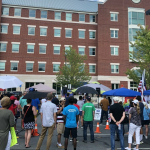

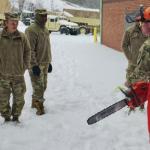

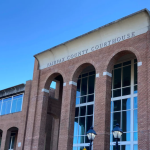
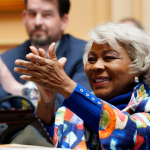
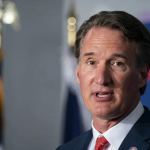


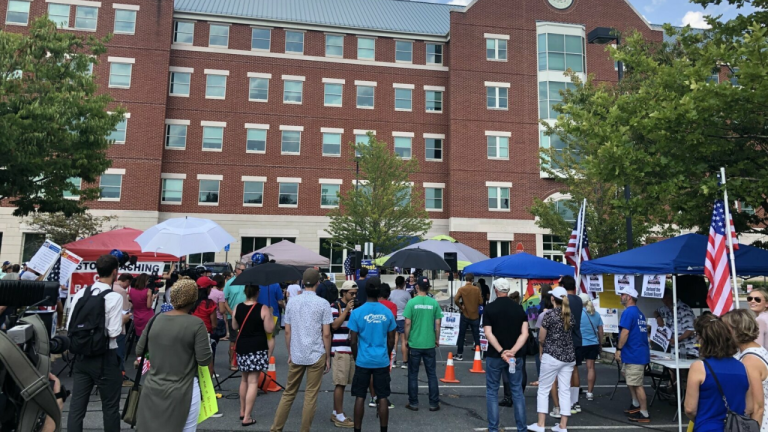
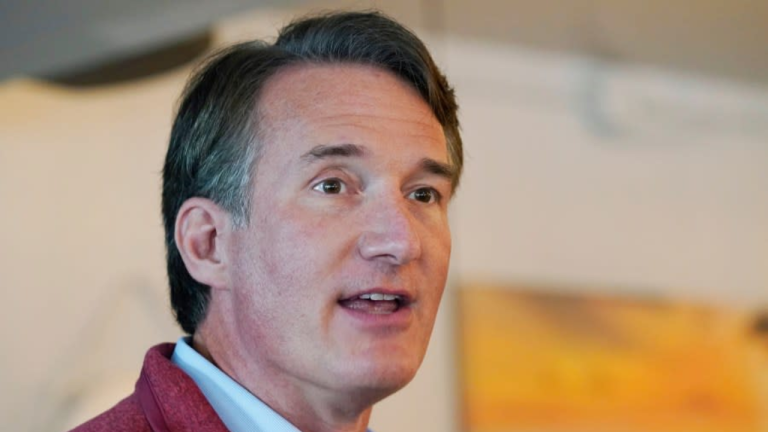

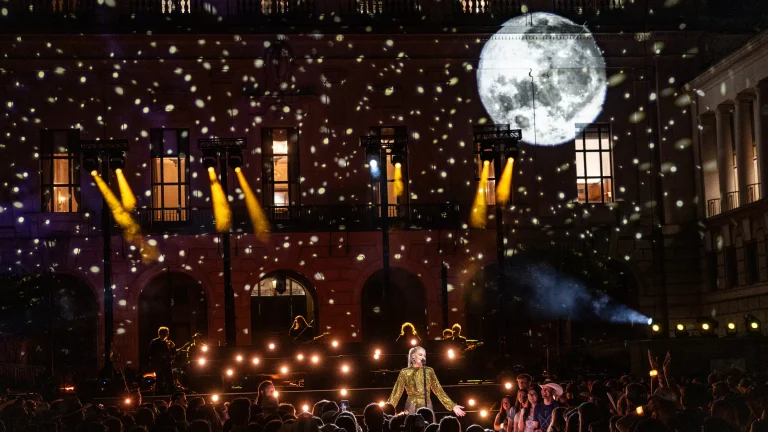
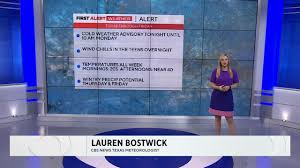
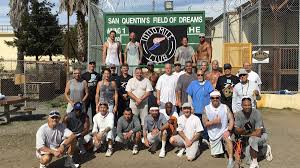


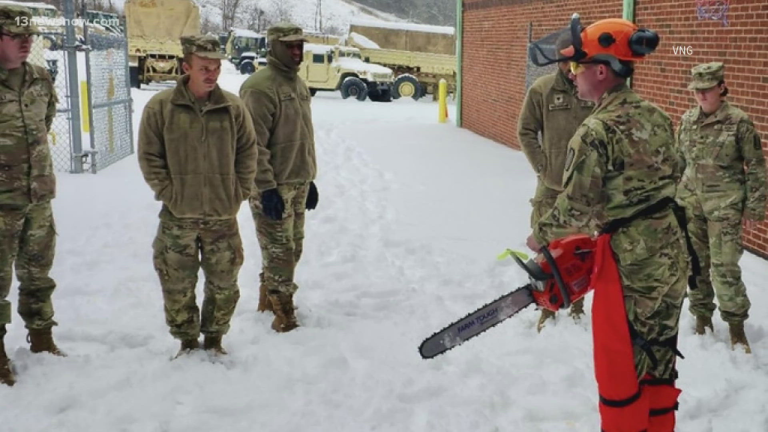
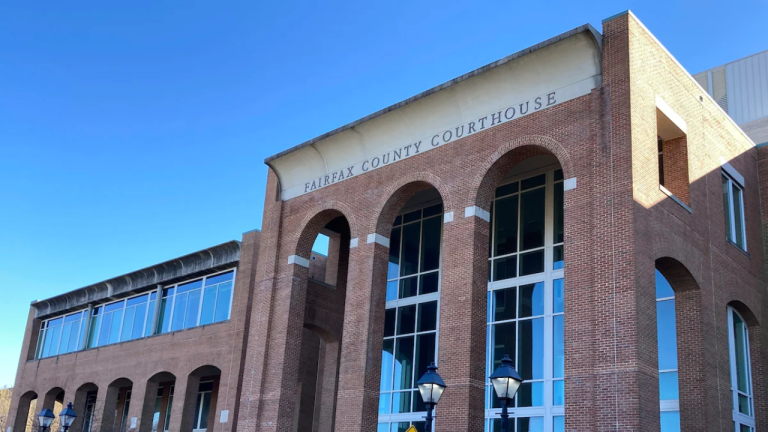
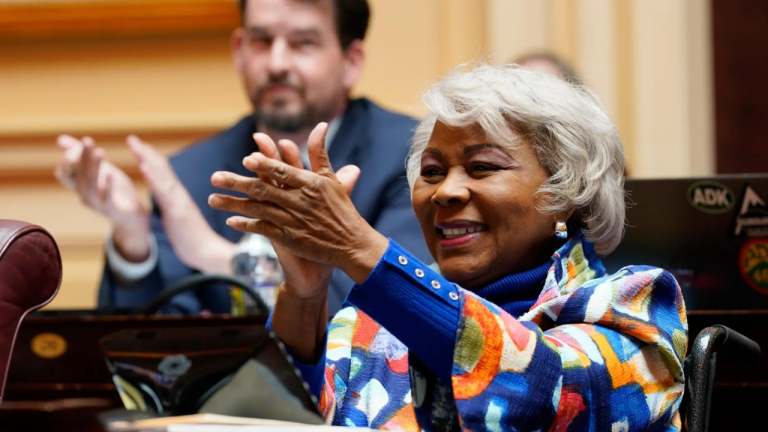





+ There are no comments
Add yours